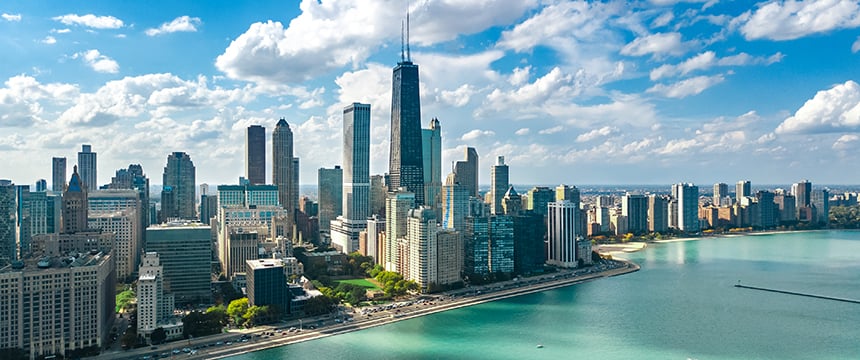
Illinois Governor JB Pritzker announced that, effective tomorrow, March 21 at 5:00 pm through April 7, all residents of Illinois are subject to a stay at home order. All nonessential business operations have been ordered to cease. If workers can work from home, they are ordered to do so. However, “fundamental building blocks” will not be closing down. Residents are permitted to visit: (1) restaurants for take-out; (2) hospitals and medical centers; (3) pharmacies; (4) gas stations; (5) and banks, among other essential businesses. Residents are also permitted to leave home for light exercise, but Illinoisans are ordered to stay home as much as possible.
Regarding what constitutes “essential services / infrastructure,” Gov. Pritzker’s order provides that “Essential Businesses and Operations” include:
- Grocery stores;
- Pharmacies;
- Food, beverage, and cannabis production and agriculture;
- Charitable and social services organizations;
- Media;
- Gas stations and businesses needed for transportation;
- Financial institutions;
- Hardware and supply stores;
- Critical trades (i.e., plumbers, electricians, exterminators, cleaning and janitorial staff, security staff, operating engineers, HVAC, painting, moving and relocation services, and other services that are necessary to maintain safety, sanitization, and essential operation of residences);
- Mail;
- Educational institutions;
- Laundry services
- Restaurants for consumption off-premises;
- Supplies to work from home;
- Supplies for Essential Businesses and Operations;
- Transportation;
- Home-based care and services
- Residential facilities and shelters;
- Professional services;
- Day care centers
- Manufacture, distribution, and supply chain for critical products and industries (including products used by other Essential Businesses and Operations);
- Critical labor union functions;
- Hotels and motels; and
- Funeral services
Further note that Essential Business and Operations includes “Essential Infrastructure,” which itself includes, but is not limited to:
- Food production, distribution and sale;
- Construction;
- Building management and maintenance;
- Airport operations;
- Operation and maintenance of utilities;
- Electrical;
- Distribution centers;
- Oil and biofuel refining;
- Roads, highways, railroads and public transportation;
- Ports;
- Cybersecurity operations;
- Flood control;
- Solid waste and recycling collection and removal; and
- Internet, video, and telecommunications systems.
For more information about recommended steps, please contact your Foley relationship partner. For additional web-based resources available to assist you in monitoring the spread of COVID-19 on a global basis, you may wish to visit the CDC and the World Health Organization.
Foley has created a multi-disciplinary and multi-jurisdictional team, which has prepared a wealth of topical client resources and is prepared to help our clients meet the legal and business challenges that the coronavirus outbreak is creating for stakeholders across a range of industries. Click here for Foley’s Coronavirus Resource Center to stay apprised of relevant developments, insights and resources to support your business during this challenging time. To receive this content directly in your inbox, click here and submit the form.



